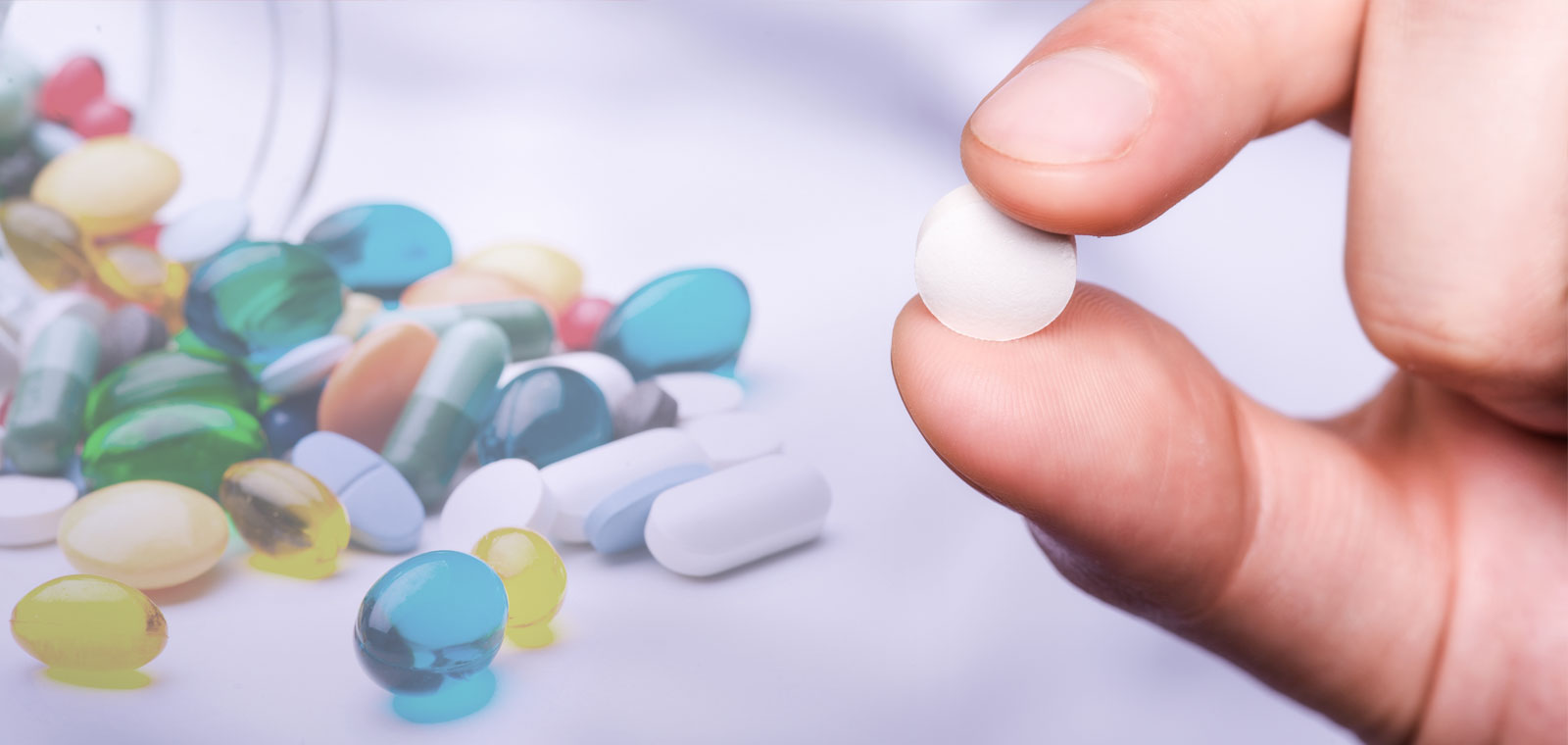
Chloroquine, we know this substance all too well at BPRC. We use this medicine to cure our animals from malaria. But right now it's in the news for a completely different reason: it helps against the coronavirus ... or doesn’t it?
In February, researchers showed in a culture dish that chloroquine could inhibit the infection of cells with the coronavirus. A few days later, Chinese researchers reported that chloroquine could potentially shorten the duration of the symptoms.
Other small-scale studies
Other studies in small groups of patients presented a varied picture. Sometimes chloroquine appeared to work very well, in other cases it seemed to cause a harmful effect. Chloroquine is used at a much higher dose against COVID-19 than against malaria. Despite these contradictory reports, various countries began to apply chloroquine, not only in an experimental setting, but also in the clinic due to a lack of other drugs. The Netherlands also included chloroquine in the treatment advice for COVID-19 patients (since 1 May chloroquine has been removed from the advice).
Large-scale studies
Subsequently, the results of large-scale studies on the use of chloroquine were reported in leading scientific journals. As a result of these studies, several countries immediately stopped further research into this drug. This is because these studies showed that almost 50% of the patients treated with some form of chloroquine, were more likely to die than those who were not.
Withdrawn articles
But the story is not yet finished. Critical notes by scientists from around the world about this work were that some of the data seemed too good to be true. As a result, most authors have withdrawn the article, because they did not know and could not check the data that was analysed by a particular company. The same authors also withdrew another article from a top journal.
How to continue?
The preliminary results of a recent large-scale British study showed no added value for chloroquine in treatment against the coronavirus. British hospitals subsequently stopped investigating this medicine. Today it was announced that research into chloroquine has also stopped in the Netherlands.
In a period of great haste and in the absence of a drug, this story shows how complicated it is to test new drugs during a pandemic. What appears to be clear now is that chloroquine is not yet the miracle cure against COVID-19 everyone hopes for. There is still a lot of work to be done. Not only work on a drug against the coronavirus, but on a vaccine too. BPRC is heavily involved in this type of work and of course we hope that this will eventually lead to an end to this pandemic.

